Spellbound Stories: Must-Read Completed Fantasy Manga That Shaped the Genre
For many years, fantasy manga has been a creative incubator for writers who want to delve into worlds that are beyond of reality. From the ethereal melancholy of Mushishi to the alchemical depths of Fullmetal Alchemist, finished fantasy series have influenced a generation of storytellers across media in addition to captivating readers. In order to inspire writers to rethink tradition, question social conventions, and create emotionally compelling stories, these works frequently combine myth, magic, and moral depth. Because of its versatility, which spans from high fantasy epics to urban magical realism, fantasy manga has had a significant impact on modern storytelling in Japan and around the world by enabling authors to experiment with structure, symbolism, and character archetypes.
Here is the list for fantasy manga that completed:
Dungeon Meshi
Volumes: 14
Chapters: 102
Published: February 15, 2014 - September 15, 2023
Genres: Adventure, Award Winning, Comedy, Fantasy, Gourmet
Demographic: Seinen
Serialization: Harta
Authors: Ryouko Kui (Story & Art)
Review: Ryouko Kui's fantasy manga combines gastronomic comedy with dungeon-crawling adventure. With a complex environment full of legend, ecology, and magical logic, the series depicts a world where cooking monsters is the only way to survive. The fictional components serve a practical purpose, influencing everything from the emotional stakes to the economy. The reader becomes further immersed as each monstrous dinner offers a tactical and cultural discovery. Beyond its creative idea, the series offers a new and poignant interpretation of the genre by delving into themes of resilience, bereavement, and friendship.
Volumes: 3
Chapters: 16
Published: April 4, 2012 - August 3, 2013
Genres: Drama, Fantasy, Romance, Slice of Life
Theme: Childcare
Demographic: Seinen
Serialization: Young Ace
Authors: Mamoru Hosoda (Story), Yuu (Art)
Review: Mamoru Hosoda's fantasy manga uses magical aspects to examine identity, parenting, and belonging. The narrative centers on Hana, a young mother of two kids who inherit their late father's capacity to change into wolves. The narrative examines personal truth, cultural conventions, and parenting difficulties. The rural environment and the restraint of the wolf change heighten the emotional impact of the characters' existence. For those who enjoy fiction that is based on human passion and real-world problems, this narrative offers a profoundly poignant experience.
Kimetsu no Yaiba
Volumes: 23
Chapters: 207
Published: February 15, 2016 - May 18, 2020
Genres: Action, Fantasy
Theme: Historical
Demographic: Shounen
Serialization: Shounen Jump (Weekly)
Authors: Koyoharu Gotouge (Story & Art)
Review: This fantasy manga creates a world rich in moral depth and personal sacrifice by fusing traditional Japanese folklore with intense demon hunting. The fantasy aspects, such as breathing methods and demon powers, are extensions of the characters' inner battles and growth. The show explores themes of trauma, atonement, and the hazy boundary between good and evil while entwining loss, resiliency, and familial love. The historical Taisho-era setting provides cultural depth, and the series' stylized fighting and eerie creature designs enhance the fantasy experience.
Naruto
Volumes: 72
Chapters: 700
Published: September 21, 1999 - November 10, 2014
Genres: Action, Adventure, Fantasy
Theme: Martial Arts
Demographic: Shounen
Serialization: Shounen Jump (Weekly)
Authors: Masashi Kishimoto (Story & Art)
Review: Masashi Kishimoto's fantasy manga reimagines ninja heritage through a magical prism. The 700-chapter series weave a complex world with legendary creatures, chakra-based practices, and ancient predictions entwined with individual journeys of development, loss, and redemption. With chakra functioning as a magical system with laws and restrictions, the Hidden Villages provide a vibrant and realistic fantasy environment. Naruto strikes a balance between personal character journeys and epic conflict as it examines generational trauma, fate, and the strength of free will. It offers fantasy fans an exciting and life-changing experience.
Mahou Sensei Negima!
Volumes: 38
Chapters: 355
Published: February 26, 2003 - March 14, 2012
Genres: Action, Adventure, Comedy, Fantasy, Romance, Supernatural, Ecchi
Theme: Harem, Martial Arts, School
Demographic: Shounen
Serialization: Shounen Magazine (Weekly)
Authors: Ken Akamatsu (Story & Art)
Review: A magical school play that develops into a vast fantasy epic, Negima! builds a complex magical system based on contracts, incantations, and folklore. The series' dynamic setting includes the war-torn Magic World arc and the secrets of the Mahora Academy. Negi Springfield, the main character, is a mage-in-training with a father to find and a lineage to preserve. Negima! has political intrigue, strategic combat, and complex alliances, in contrast to many fantasy manga that only focus on spectacle. Lighthearted moments make harsher arcs more difficult, as the show humanizes characters while also raising the stakes. Modern manga fantasy-action hybrids like Blue Exorcist and Fairy Tail have been influenced by Negima!
InuYasha
Volumes: 56
Chapters: 558
Published: November 13, 1996 - June 15, 2008
Genres: Action, Adventure, Award Winning, Fantasy, Romance
Theme: Historical, Love Polygon, Mythology, Time Travel
Demographic: Shounen
Serialization: Shounen Sunday
Authors: Rumiko Takahashi (Story & Art)
Review: The Shikon Jewel serves as the main relic in InuYasha, which transports readers to feudal Japan. Characters like Kagome and Inuyasha give the quest more emotional weight, as the anime combines Japanese folklore with intense combat and romantic entanglements. With characters like Sesshomaru, Sango, and Miroku adding to the complex ensemble, the Shikon Jewel search functions as a metaphor for identification, healing, and redemption. For a generation, InuYasha helped define fantasy manga, opening the door for works like Noragami and Kamisama Hajimemashita. It is still one of the rare fantasy series with a long run that keeps its characters consistent and the plot cohesive.
Majo no Tabitabi
Volumes: 6
Chapters: 24
Published: November 29, 2018 - March 28, 2024
Genres: Adventure, Fantasy
Serialization: Manga UP!
Authors: Jougi Shiraishi (Story), Itsuki Nanao (Art)
Review: The voyage of Elaina, a traveling witch, through several countries with distinctive cultures, magic, and moral quandaries is chronicled in this original fantasy manga. The manga explores topics like discrimination, ambition, and loneliness by using fantasy as a reflection of human nature in addition to being a means of escape. The reader's assumptions are challenged, and the magical environment is given realism by Elaina, a curious and emotionally distant protagonist who frequently choose to observe and move on. A new place with its own laws, traditions, and magical occurrences is introduced in each chapter. This is enhanced by the evocative illustrations in the art, which give each scene life. Since Elaina's identification as a witch both enables and isolates her, Majo no Tabitabi is a meditation on freedom.
Tegamibachi
Volumes: 20
Chapters: 100
Published: September 6, 2006 - November 4, 2015
Genres: Adventure, Fantasy, Slice of Life, Supernatural
Demographic: Shounen
Serialization: Jump SQ.
Authors: Hiroyuki Asada (Story & Art)
Review: An artificial sun above the city illuminates the otherwise dark, signifying both optimism and emotional loneliness. As Letter Bees fearlessly deliver letters full of emotions, turning connection into a brave deed, "heart" in Tegamibachi represents a force. Instead, then depending only on spectacle, the steampunk aesthetic—which includes armored insects and intricate uniforms—improves the story's emotional depth. Grounding the fantasy in real experiences, Lag Seeing's quest revolves around personal loss and the meaning of being seen. Tegamibachi develops with a reflective, bittersweet pace that prioritizes introspection alongside action, in contrast to traditional high-energy fantasies.
Tenki no Ko
Volumes: 3
Chapters: 15
Published: July 25, 2019 - August 25, 2020
Genres: Drama, Fantasy, Romance, Slice of Life
Serialization: Afternoon
Authors: Makoto Shinkai (Story), Wataru Kubota (Art)
Review: A girl who can control the weather through prayer, representing themes of sacrifice and climate worry, is the intriguing premise. The manga blends urban life and folklore, creating a magical world in modern-day Tokyo where the paranormal seems realistic in the midst of everyday events. The ethereal beauty of Shinkai's film is echoed in Wataru Kubota's adaptation, which prioritizes mood and emotional depth over sheer spectacle. By raising concerns about the price of saving one individual at the expense of more significant change, it questions conventional fantasy tales. Furthermore, the fantasy in the novel is closely related to romance, establishing a strong emotional resonance by connecting Hina's abilities to her identity and connection with Hodaka.
Kaijuu 8-gou
Volumes: 16
Chapters: 129
Published: July 3, 2020 - July 18, 2025
Genres: Action, Fantasy, Sci-Fi
Theme: Adult Cast, Urban Fantasy
Demographic: Shounen
Serialization: Shounen Jump+
Authors: Naoya Matsumoto (Story & Art)
Review: In this inventive fantasy manga, Kafka Hibino, a 32-year-old janitor, challenges the conventional hero-monster duality by transforming into the kaiju he must fight. This plot thread raises the question of whether a person may maintain their humanity despite turning into a monster, offering a complex examination of identity and humanity. The story, which is set in a militarized world plagued by kaiju, combines themes of trauma, sacrifice, and bureaucracy. Kafka's secret identity complicates his relationships, especially with his childhood friend Mina. Kaijuu 8-gou, which has been compared to Attack on Titan and My Hero Academia, appeals to both novice and experienced sci-fi fans with its mature tone that blends the genre with character-driven storytelling.
Isekai Shokudou
Volumes: 4
Chapters: 29
Published: November 18, 2016 - June 21, 2019
Genres: Comedy, Fantasy, Gourmet, Mystery
Theme: Iyashikei, Workplace
Demographic: Shounen
Serialization: Young Gangan
Authors: Junpei Inuzuka (Story), Takaaki Kugatsu (Art)
Review: Isekai Shokudou presents a distinctive story about food and peace in a genre usually dominated by epic wars. In this series, the Western-style eatery Nekoya welcomes different fantastical creatures every Saturday, promoting relationships via shared meals rather than hostility. New characters and their backstories are introduced in each episode, and through their connections to food, aspects of their cultures are naturally woven in. The animation, which is categorized as iyashikei, offers consolation and a soft, reflective fantasy that speaks to themes of identity, belonging, and nostalgia. It offers viewers who prefer calm to action a peaceful experience by presenting food as a bridge bridging disparate cultures and hearts.
Suzume no Tojimari
Volumes: 3
Chapters: 15
Published: October 25, 2022 - December 25, 2023
Genres: Fantasy
Theme: Mythology
Demographic: Shounen
Serialization: Afternoon
Authors: Makoto Shinkai (Story), Denki Amashima (Art)
Review: Suzume no Tojimari by Makoto Shinkai, which centers on regular people dealing with exceptional circumstances, blends fantasy with themes of tragedy, loss, and maturing. The story's use of mystical doorways to represent unresolved trauma and connections to actual tragedies creates a backdrop that is socially relevant. The narrative places more emphasis on personal healing, emotional closure, and reestablishing equilibrium via empathy and action than it does on conventional magic. The reflective voyage is enhanced by rich sights, which include meaningfully positioned cosmic keystones and talking chairs. Within its fictional framework, the manga blends elements of a road trip, romance, and disaster drama to create a contemplative examination of connection, memory, and loss.
UQ Holder!
Volumes: 28
Chapters: 193
Published: August 28, 2013 - February 9, 2022
Genres: Action, Fantasy, Sci-Fi
Demographic: Shounen
Serialization: Bessatsu Shounen Magazine
Authors: Ken Akamatsu (Story & Art)
Review: UQ Holder!, which takes place 75 years after Negima!, explores themes of immortality through the protagonist Touta Konoe and a hidden society of immortals in a future where magic and technology coexist. The manga raises important issues of identity and the price of eternal life while fusing exciting fighting and character growth. As it expands its backstory and revisits unresolved plot elements, it welcomes newcomers while providing continuity for Negima! enthusiasts. UQ Holder! appeals to a wide range of readers by skillfully combining fantasy, sci-fi, shounen, and philosophical drama.
Udon no Kuni no Kiniro Kemari
Volumes: 12
Chapters: 72
Published: June 21, 2012 - February 15, 2019
Genres: Fantasy, Slice of Life
Theme: Anthropomorphic, Childcare, Iyashikei
Demographic: Seinen
Serialization: Comic@Bunch
Authors: Nodoka Shinomaru (Story & Art)
Review: In this slice-of-life manga which focused on Poco, a shape-shifting tanuki, changes into a human toddler. This story skillfully combines imagination and realism, emphasizing emotional growth above exciting adventures. Poco, which is set in Kagawa Prefecture, helps Souta, the main character, get over his grief over his father's legacy and rediscover his love for his homeland. The delicate vision serves as a metaphor for the purity of childhood and the healing power of friendship. Similar to a picture book, its delicate watercolor illustrations add to the serene ambiance. The manga compares itself to works like Barakamon and Natsume Yuujinchou, emphasizing emotional depth and meditation above escape.
Isekai Omotenashi Gohan
Volumes: 4
Chapters: 22
Published: October 31, 2017 - September 27, 2019
Genres: Fantasy, Gourmet, Slice of Life
Theme: Isekai
Serialization: Young Ace UP
Authors: Shinobumaru (Story), Medamayaki (Art)
Review: Isekai Omotenashi Gohan prioritizes culinary magic and emotional warming over the usual battle-focused isekai stories. Akane Takanashi demonstrates how kindness can change lives by using cooking to build relationships. Character arcs and interactions progressively unveil the fictional world, giving it a natural and emotionally compelling feel. As Akane through cultural misunderstandings in her inn, the tone remains friendly but still suggests adventure. Readers looking for depth in isekai storylines will find this manga attractive because it emphasizes the stories behind meals and the ties they forge, providing a realistic viewpoint on serving others in a magical atmosphere.
Shiosai no Majo
Volumes: 2
Chapters: 13
Published: August 20, 2018 - February 15, 2021
Genres: Fantasy, Slice of Life
Serialization: Purizm
Authors: Mogusu (Story & Art)
Review: The main character of Shiosai no Majo is a mysterious witch who runs a restaurant on a secluded island and turns patrons' anxieties into delectable meals. Thirteen short stories, many of which are based on mythology and history, depict guests who are struggling personally. This innovative method redefines fantasy via empathy and emotional release. A surreal environment is created by the manga's ethereal artwork, which goes well with its nostalgic tone. It provides a philosophical examination of vulnerability and the transformational potential of sharing burdens in place of spectacle. It offers thoughtful readers a brief but powerful emotional journey in just two books.
Gensou Gourmet
Volumes: 7
Chapters: 42
Published: November 21, 2016 - May 4, 2020
Genres: Comedy, Fantasy, Gourmet
Serialization: Gangan Online
Authors: Kouta Amana (Story), Otsuji (Art)
Review: Katsuragi Shunichirou, a protagonist in a fantasy world who prefers to explore and savor unusual cuisine than traditional conflicts is the focus of Gensou Gourmet, a gourmet isekai that use food as a means of world-building. His adventure, which is accompanied by Sylphin, a wolf-girl assistant, focuses on character-driven interactions, humor, and a leisurely narrative pace. A lively universe full of different cuisines and civilizations is complemented by the story's mild political intrigue. The emotional relevance of food is highlighted by exquisite artwork that enriches the narrative. All things considered, Gensou Gourmet offers a captivating and delightful experience focused on culinary exploration by striking a balance between slow-burning romance and isekai clichés.
Himesama "Goumon" no Jikan desu
Volumes: 19
Chapters: -
Published: April 2, 2019 - August 19, 2025
Genres: Comedy, Fantasy, Gourmet
Theme: Mythology
Demographic: Shounen
Serialization: Shounen Jump+
Authors: Robinson Haruhara (Story), Hirakei (Art)
Review: This manga, which is set in a medieval-style realm, mocks fantasy clichés by showing a trapped princess undergoing comical "torture," which consists of food temptations rather than physical harm. The "torture" scenes, which use food to entice the princess to divulge secrets, combine fantasy and gourmet slice-of-life. The humor is driven by strong character chemistry, with comic humor and absurdity enhancing the lighthearted interactions between the proud princess and her cunning kidnappers. The humorous tone is complemented by the vivid, expressive graphic style, which includes fantasy aspects designed to bolster humor. Fans of smart comedy and fantasy settings will enjoy the lighthearted viewing experience that each self-contained episode offers.
Peach Boy Riverside
Volumes: 16
Chapters: 81
Published: August 20, 2015 - July 9, 2024
Genres: Fantasy
Demographic: Shounen
Serialization: Shounen Magazine R
Authors: Cool-kyou Shinja (Story), Yohane (Art)
Review: Through characters like Sally and Mikoto, Peach Boy Riverside explores many images of bravery and retribution in its retelling of the Momotaro mythology. With its intricate narrative structure and out-of-order episodes, the manga entices readers to interact with its multi-layered storytelling and shifting allegiances. Instead of following a straightforward good-versus-evil dynamic, it explores themes of prejudice, discrimination, and moral ambiguity, which makes the fantasy world emotionally compelling and accessible. Character growth and ideological disputes are shown in the fierce clashes, especially the contrast between Sally's idealism and Mikoto's practicality. Sally's search for justice and the struggles of demi-humans for acceptance are just two examples of the personal journeys highlighted in this novel, which is set against a backdrop of monster-infested villages and political intrigue.
Jingai-san no Yome
Volumes: 14
Chapters: 131
Published: June 3, 2016 - July 1, 2022
Genres: Comedy, Fantasy, Romance
Serialization: Zero-Sum Online
Authors: Yuu Aikawa (Story & Art), Akiwo Yatsusaka (Story & Art)
Review: A high school kid named Tomari Hinowa marries a fluffy creature called Kanenogi in the manga Jingai-san no Yome, a unique fantasy story. The story, which features humor that juxtaposes Tomari's everyday encounters with the ridiculousness of his circumstances, concentrates on their family life and emotional development rather than the usual epic exploits. The manga explores unusual connections and offers a touching message about accepting the unknown.
Skill "Daidokoro Shoukan" wa Sugoi!: Isekai de Gohan Tsukutte Point Tamemasu
Volumes: 2
Chapters: 11
Published: September 5, 2018 - September 5, 2019
Genres: Comedy, Fantasy, Gourmet, Romance
Theme: Isekai
Demographic: Shoujo
Serialization: B's-LOG Comic
Authors: Murasaki Shidou (Art), Tanuki Shippo (Story)
Review: Shiina's recipes offer manga story tastes that defy the conventions of the fantasy world, highlighting the manga's emphasis on the ability of food to transcend cultural boundaries and alter social relations. In contrast to other isekai heroes, Shiina uses her skills as a kind of soft power, embodying strength by empathy and practical knowledge. The story gains depth and relatability from this empowering idea. Completed in two volumes with eleven chapters, it provides readers looking for a comprehensive story without long commitments with a succinct, fulfilling narrative.
Obentouuri wa Seijo-sama! Isekai Musume no Attaka Recipe
Volumes: 2
Chapters: 10
Published: October 5, 2019 - August 5, 2022
Genres: Fantasy, Gourmet
Theme: Isekai
Demographic: Shoujo
Serialization: B's-LOG Comic
Authors: Nyun Miyao (Art), Yukiko Shimizu (Story)
Review: With an emphasis on emotional warmth and sustenance above conventional heroism, Mahiru Fukuyose, an office lady transferred to a fantasy realm, uses her abilities as a lunch vendor to connect with others and live. She is mistaken for a saintess and focuses on cooking, which deviates from the usual isekai clichés that exalt power by offering a novel perspective on empathy, cuisine, and fortitude. The manga skillfully combines fantasy and slice-of-life themes, utilizing Mahiru's culinary creations as healing moments and her journey home as a window into her emotional development. The series provides readers with a comfortable, comprehensive fantasy experience in its two short volumes.
Valkyrie Drive: Mermaid
Volumes: 2
Chapters: 11
Published: October 26, 2015 - August 26, 2016
Genres: Action, Fantasy, Girls Love, Ecchi
Theme: Isekai
Serialization: Comp Ace
Authors: yuztan (Art)
Review: The story focused on Armed Virus which infected girls that lived on Mermaid Island who, when emotionally aroused, can change into weapons (Extars), while others (Liberators) wield them. This sci-fi fiction creates an allegorical scenario that mirrors society structures by fusing power dynamics with emotional relationships. Intense battles enhance character interactions, especially between Mamori and Mirei, in addition to providing visual spectacle. The manga focuses on shoujo-ai concepts, showing how power may be unlocked through intimacy and trust. Its lively character designs and dynamic animations, especially during transformations, add to the manga's provocative yet captivating dream ambiance.
Isekai Kitchen: Around 30 Eiyoushi no Second Life
Volumes: 2
Chapters: 11
Published: December 7, 2018 - November 8, 2019
Genres: Fantasy, Gourmet, Slice of Life
Serialization: Web DenPlay Comic
Authors: Gohan Okome (Story), Ichiho Katsura (Art)
Review: The main character of this isekai manga, Touya, is a certified dietician who defies the expectations of a fantastical society that holds that nutritious food cannot be delicious. He and his sister Momoka are transported to a new planet, where he uses his culinary expertise to show otherwise by turning it into a kind of magic. The story is a cultural battlefield where social dynamics are influenced by food beliefs, and Touya's goal symbolizes development and healing. Food serves as a medium for cross-cultural engagement because of the soft, slice-of-life tone that emphasizes everyday interactions and emotional development. Through the reassuring theme of emotional healing through food, his quest focuses on altering mindsets, assisting individuals in recovering from disease, and improving lifestyles, ultimately deepening the fantasy genre for readers.
Ragnarock City
Volumes: 1
Chapters: 7
Published: 2000 - 2001
Genres: Fantasy, Girls Love, Sci-Fi, Ecchi, Erotica
Serialization: Comic NORA
Authors: Satoshi Urushihara (Story & Art)
Review: Ragnarock City is a huge dome city where the surviving members of humanity live in a post-apocalyptic future. This unusual environment, which is marked by magical technology and social customs, blends sci-fi infrastructure with fantasy world-building. Natural bodies are viewed as elites, and body alteration is popular, generating a conversation about status and identity. The comic illustrates how cultural standards change by showing a society that celebrates body exposure. With a focus on issues of same-sex marriage and artificial reproduction that alter gender roles and families, the protagonist's journey illustrates how she has adjusted to a progressive society. Furthermore, genetic enhancements that manipulate aging change temporal dynamics, impacting social structures and interpersonal connections.
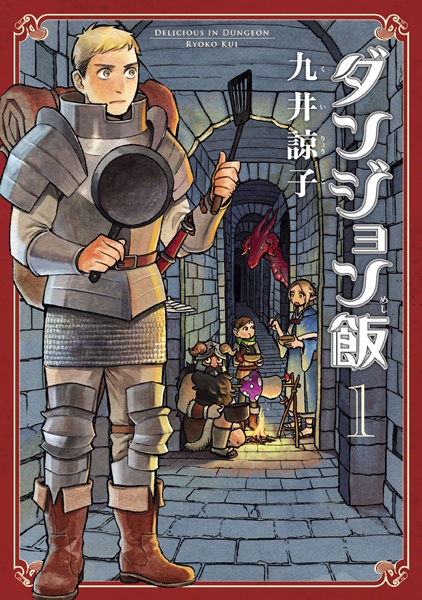
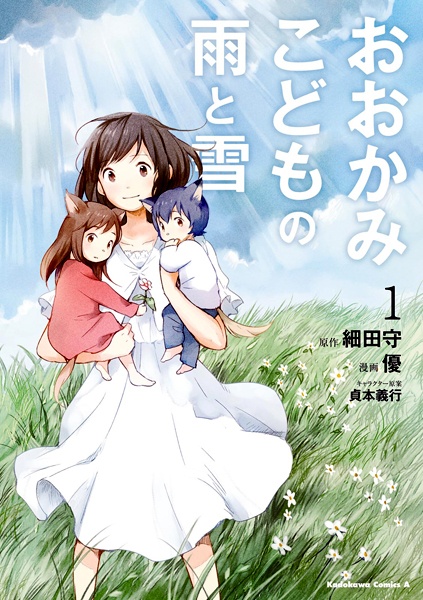
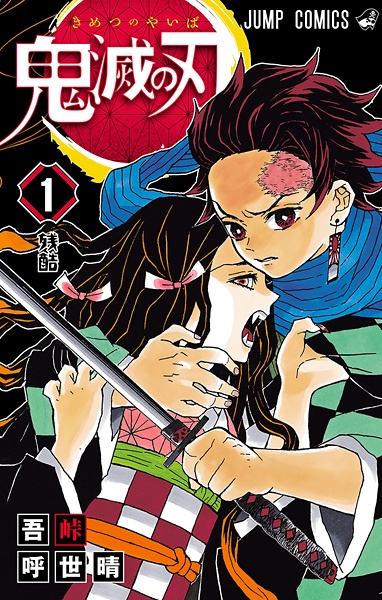


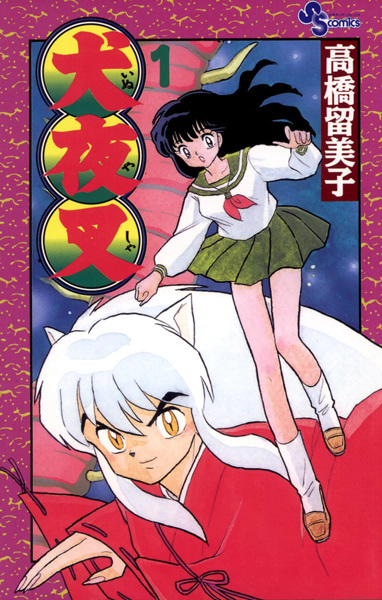

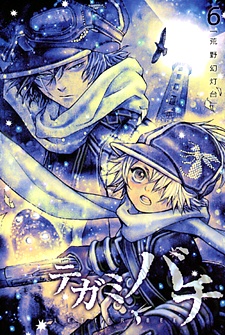
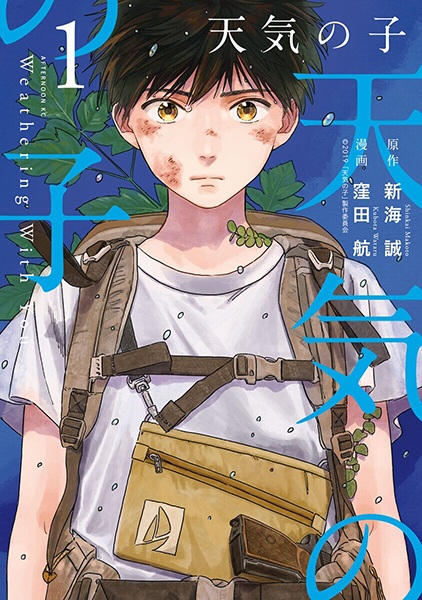

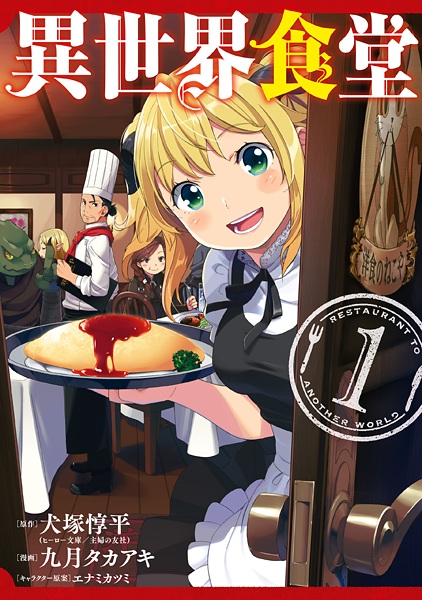




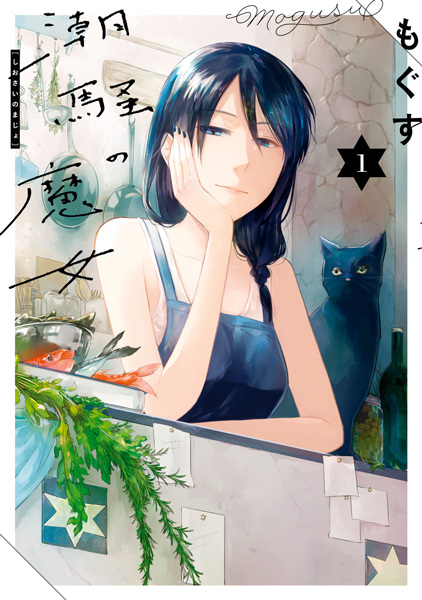
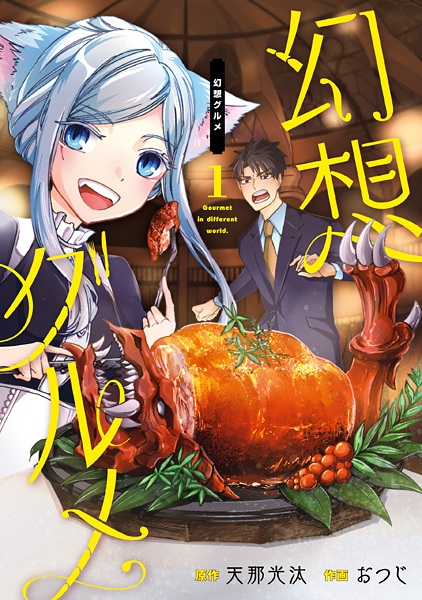


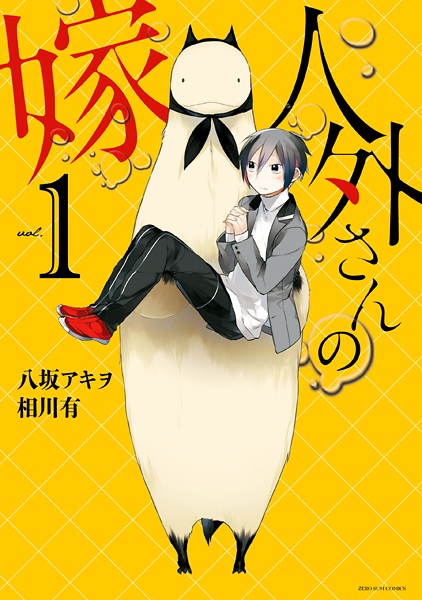
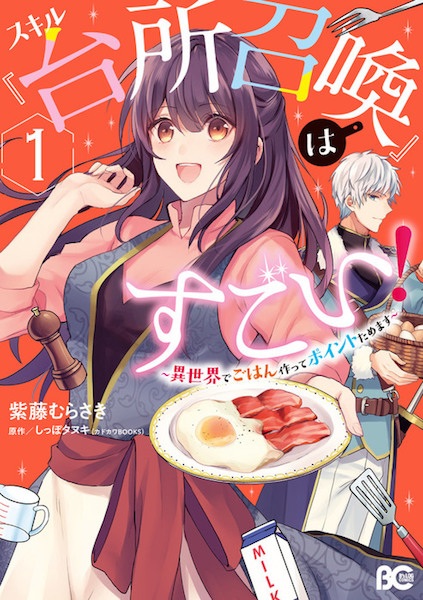
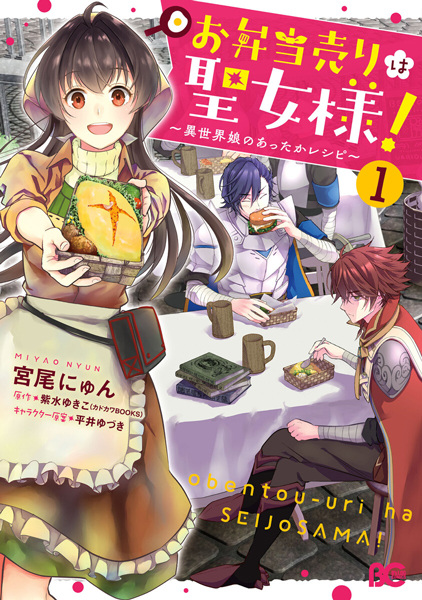



Comments
Post a Comment